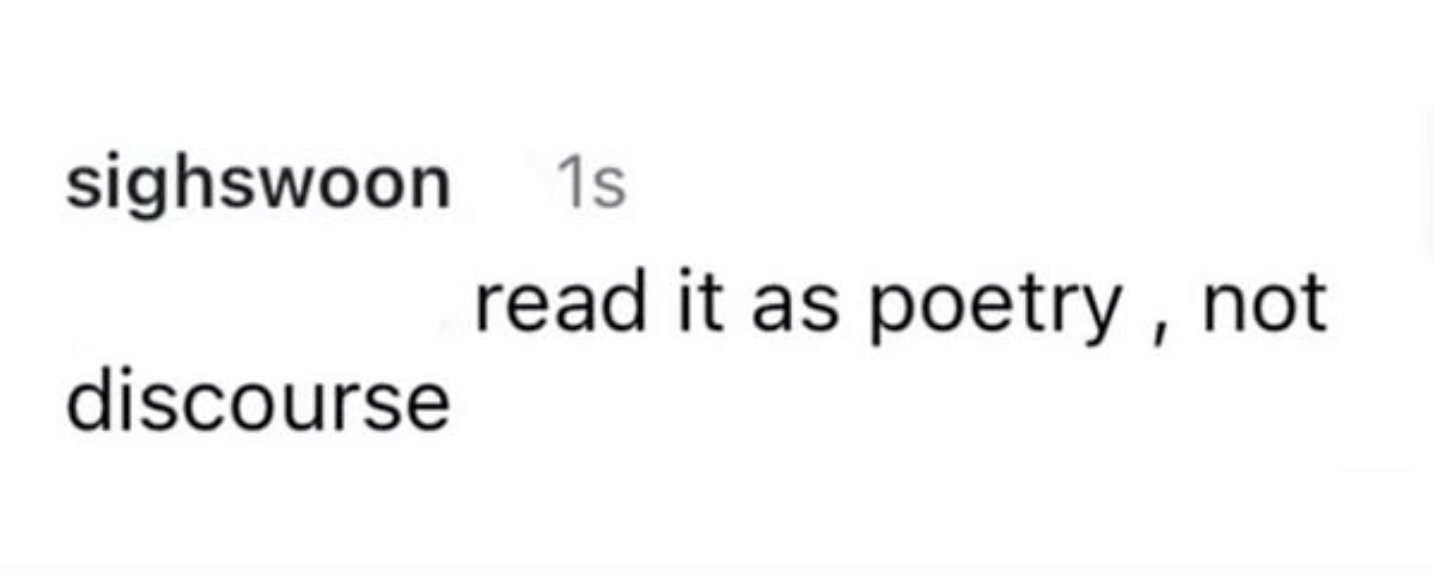Auf welcher Seite stehst du?
 aus dem Button-MuseumDie vorhandenen Seiten reichen mir nicht aus, ich will keine dieser Gewalten.
aus dem Button-MuseumDie vorhandenen Seiten reichen mir nicht aus, ich will keine dieser Gewalten.
(Soll heißen: Ich finde diese Frage nicht zielführend.)
(Soll natürlich auch heißen: Ich will bei den Menschen stehen, und vor allem bei denen, die leiden, und das lässt sich meist nicht ordentlich nach Seiten aufdröseln.)
Das Freundi ergänzt: It’s actually not these humans against those humans, it’s all of us against these oppressive systems.
•
Zitat von Elie Wiesel und Kommentar dazu von Brené Brown in Braving the Wilderness„We must always take sides. Neutrality helps the oppressor, never the victim. Silence encourages the tormentor, never the tormented.“ The problem is that the emotional plea is often not based in facts, and preys on our fears of not belonging or being seen as wrong or part of the problem. We need to question how the sides are defined. Are these really the only two options? Is this the accurate framing for this debate or is this bullshit? In philosophy, „you’re either with us or against us“ is considered a false dichotomy or a false dilemma. It’s a move to force people to take sides. If other alternatives exist (and they almost always do), then that statement is factually wrong. It’s turning an emotion-driven approach into weaponized belonging. The ability to think past either/or situations is the foundation of critical thinking, but still, it requires courage. Getting curious and asking questions happens outside our bunkers of certainty.
siehe auch Fragen als Werkzeuge, sideways approach, Positionierungs-Aktionismus, wer profitiert davon?, Komplexität zumuten, der Weg hier raus ist nicht binär, Verwirrung als eine Fertigkeit begreifen und wir haben die Fantasie für mehr als das

